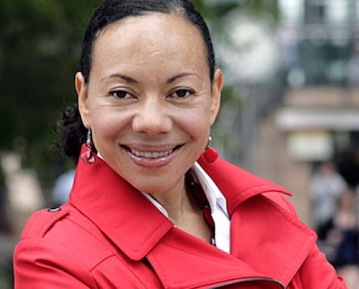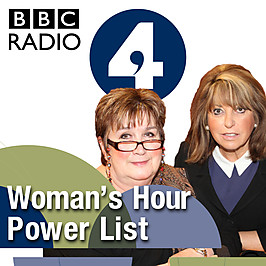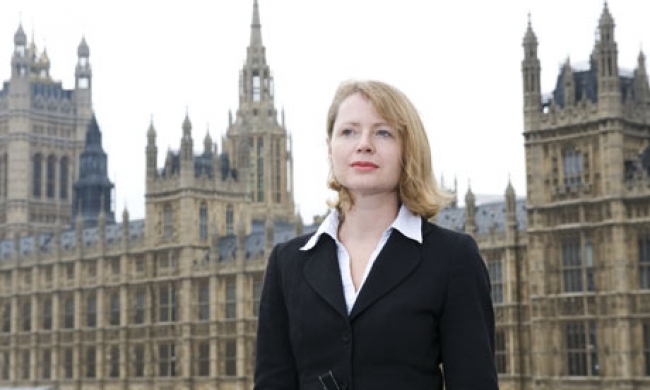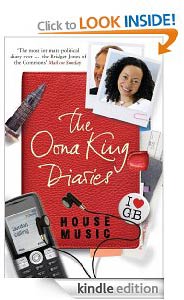Oona King: My family values

Written by Roz Lewis, published in
The Guardian
Oona talks about her parents, growing up as the only mixed-race child in her class, and being an adoptive parent
I was born in Sheffield. My father, Preston King, is African American; my mother, Hazel, is a Jewish Geordie. I have a brother, Slater, who is two years younger than me. Slater and I hated each other and we fought like cats and dogs when we were smaller. Now I love him to bits.
Oona King, Tessa Jowell, Angela Eagle and others on sexism in Westminster
The Rennard allegations have put Westminster's sexual politics in the spotlight. So how bad is it? Women who know tell of boozy conferences, wandering hands and the obstacles to complaining.
The Guardian: Sexism in Westminster
Oona King, Tessa Jowell, Angela Eagle and others on sexism in Westminster Guardian 2.3.1913
The Rennard allegations have put Westminster's sexual politics in the spotlight. So how bad is it? Women who know tell of boozy conferences, wandering hands and the obstacles to complaining Full article here
When we arrived in 1997, it was institutionally sexist. When women would stand up in the chamber, men on the other side would be shouting "Melons! Melons!" while making hand gestures – that's how juvenile it was. There was an extraordinary level of sexism in terms of power, which hasn't changed that much. It wasn't just from politicians – when the media contacted you, they were as likely to ask about your lipstick as your policies.
BBC News: the Women's Hour power list
 I was lucky enough to be a judge for the Women's Hour Power List and spoke to the BBC about the judging process and how we decided on our top 20. Click Read more to see the clip, and click here to take a look at the full list of 100 amazing women.
I was lucky enough to be a judge for the Women's Hour Power List and spoke to the BBC about the judging process and how we decided on our top 20. Click Read more to see the clip, and click here to take a look at the full list of 100 amazing women.
Book review: Women in Parliament - the new suffragettes
Have you ever wondered what Westminster is really like? What it feels like and tastes like from the inside? If so, regardless of your gender or politics, this is a book you have to read. Boni Sones succeeds in bringing Westminster to life, as well as shining a light on the traditionally male world of parliament, fashioned by 500 years of men-only shortlists.
Women in Parliament deconstructs the ‘Blair’s babes’ phenomena to give readers a real taste of what happened when the 1997 election doubled the number of women in parliament overnight. But, even after this huge increase in women, 82% of MPs were still men. It is no wonder that women, a small minority of parliamentarians, weren’t able to transform the Commons overnight. Yet they remained burdened with vast expectations.



